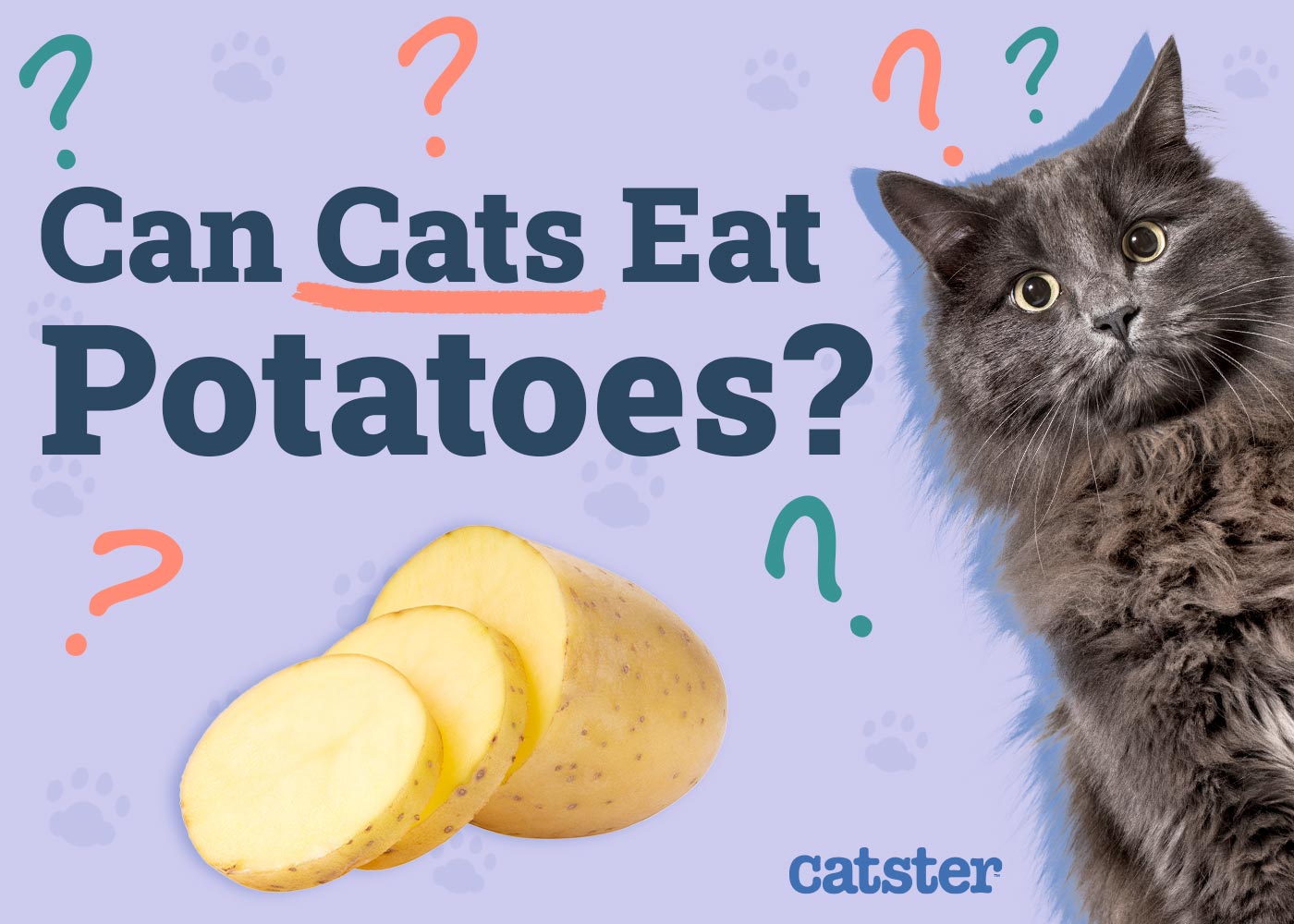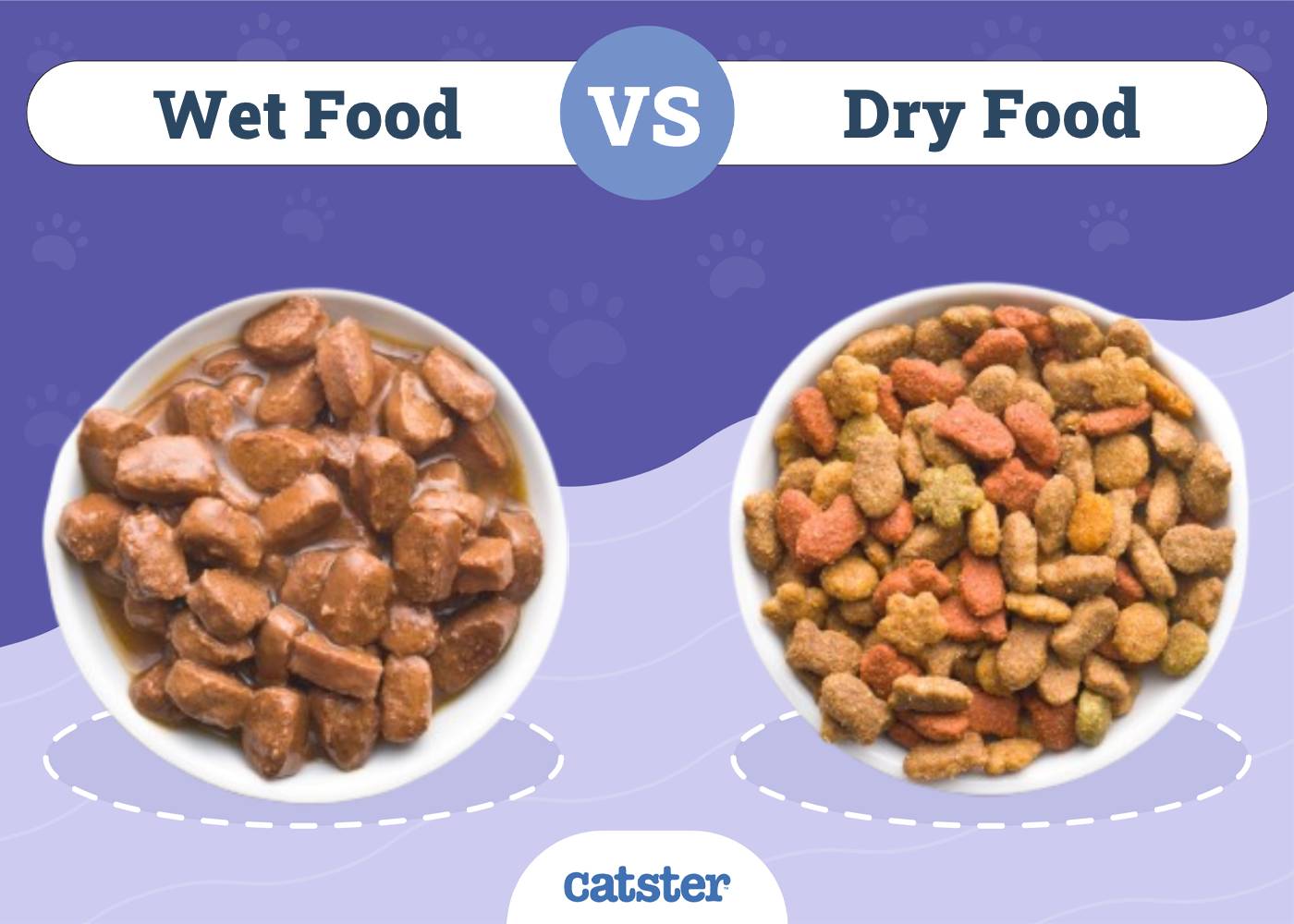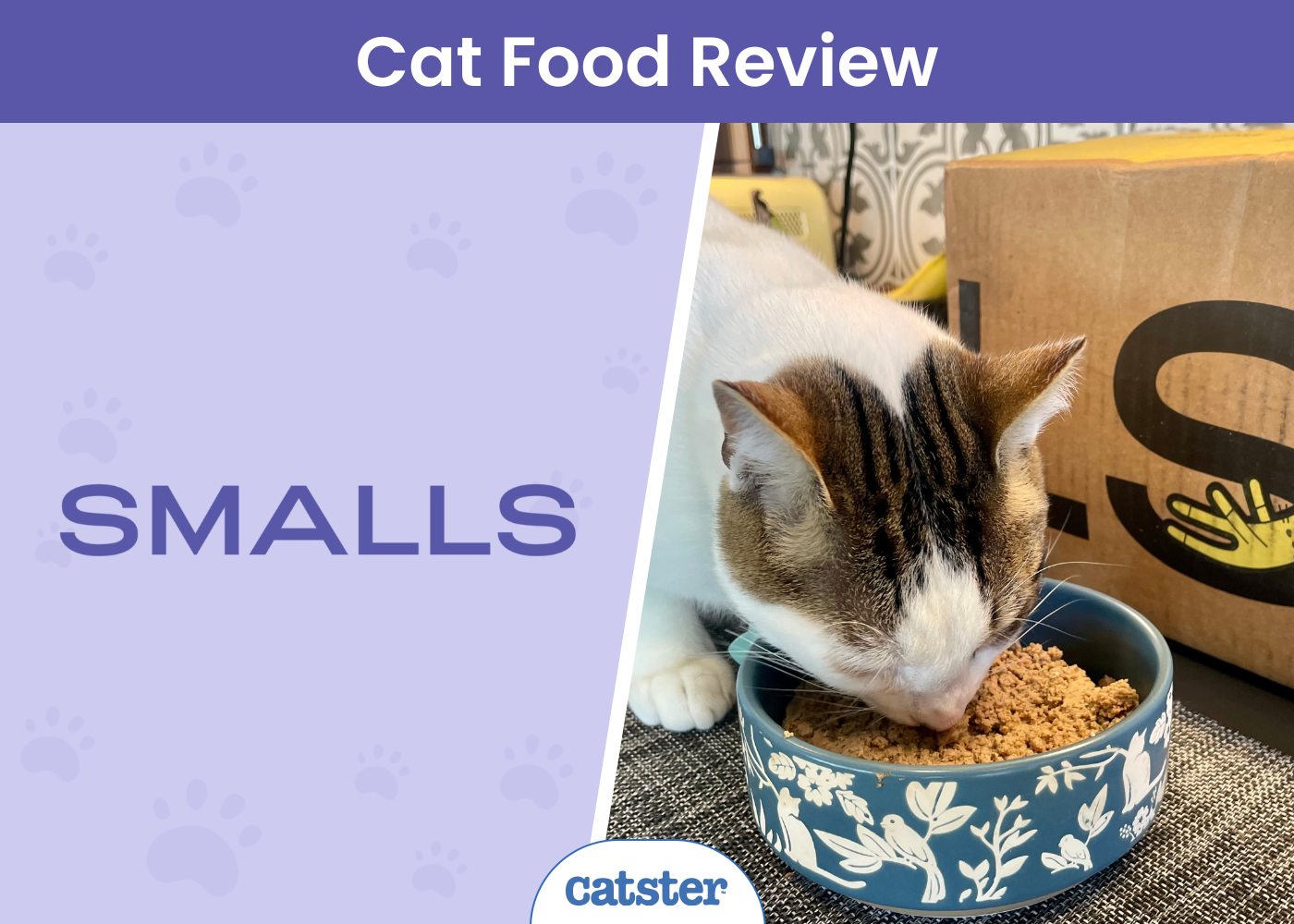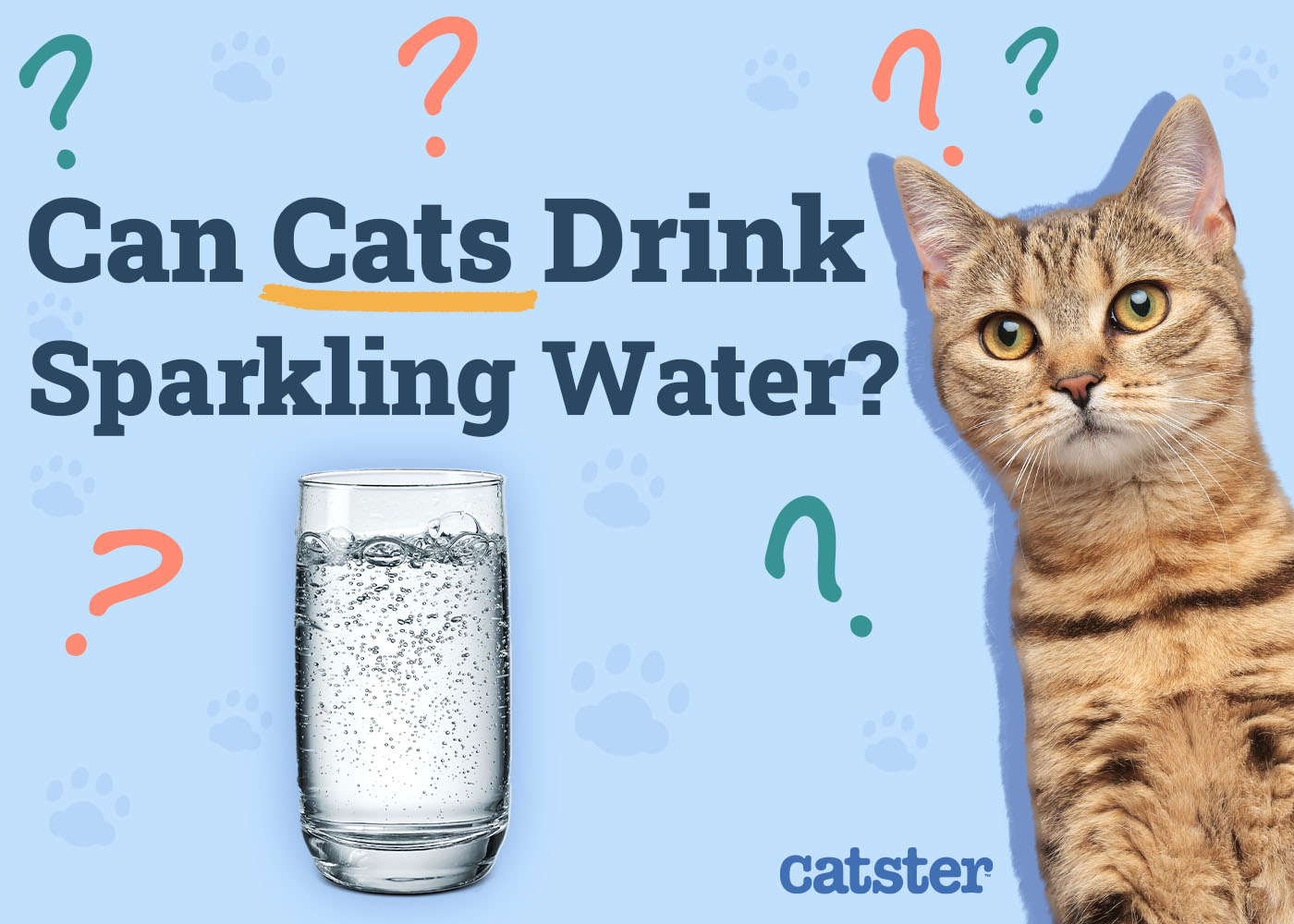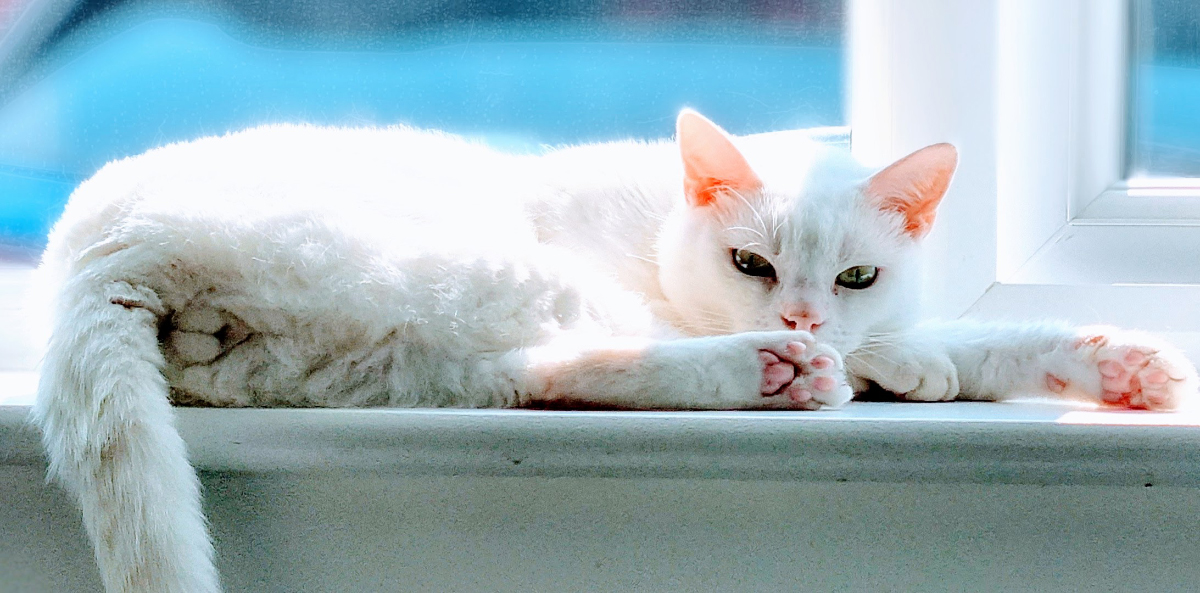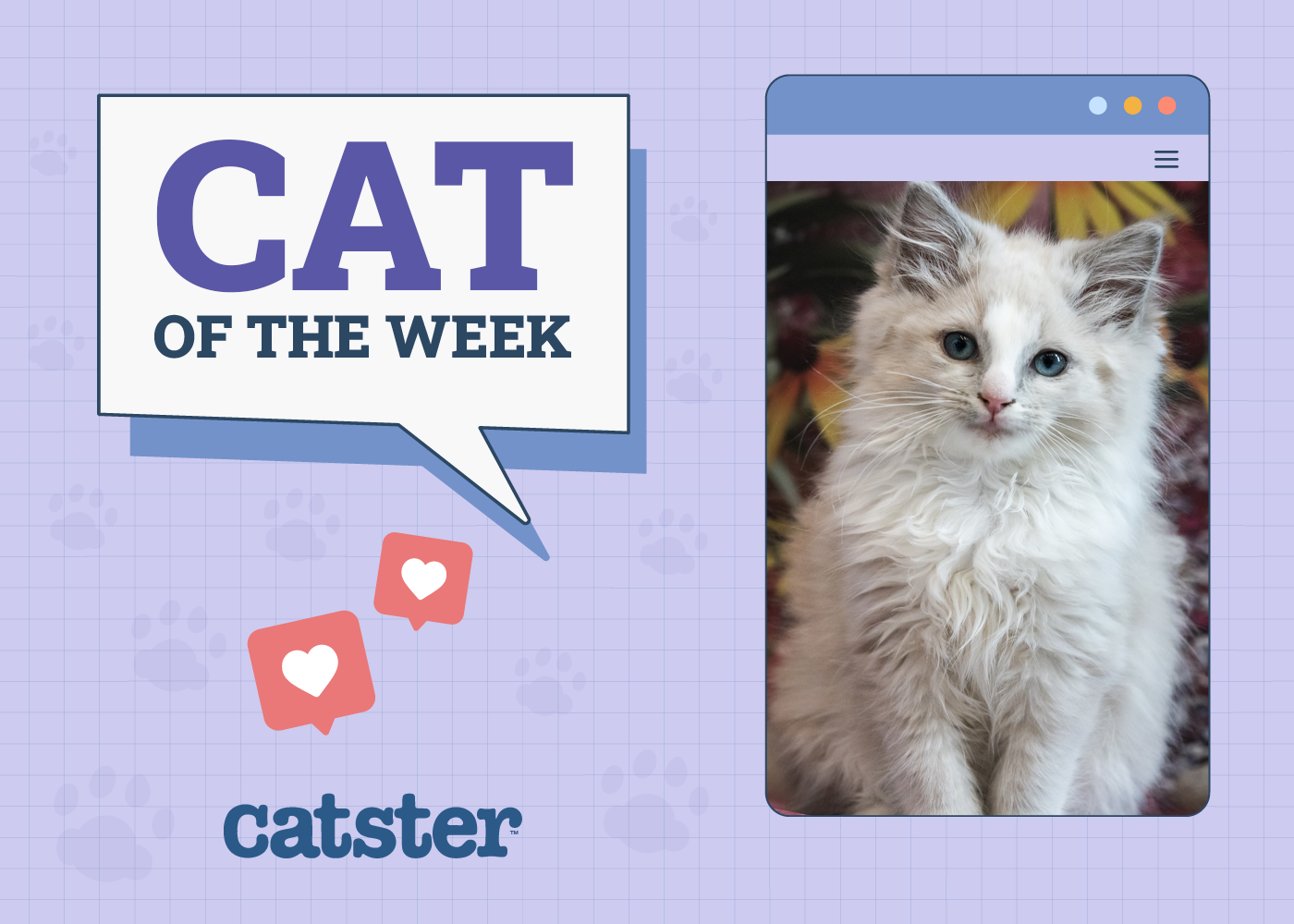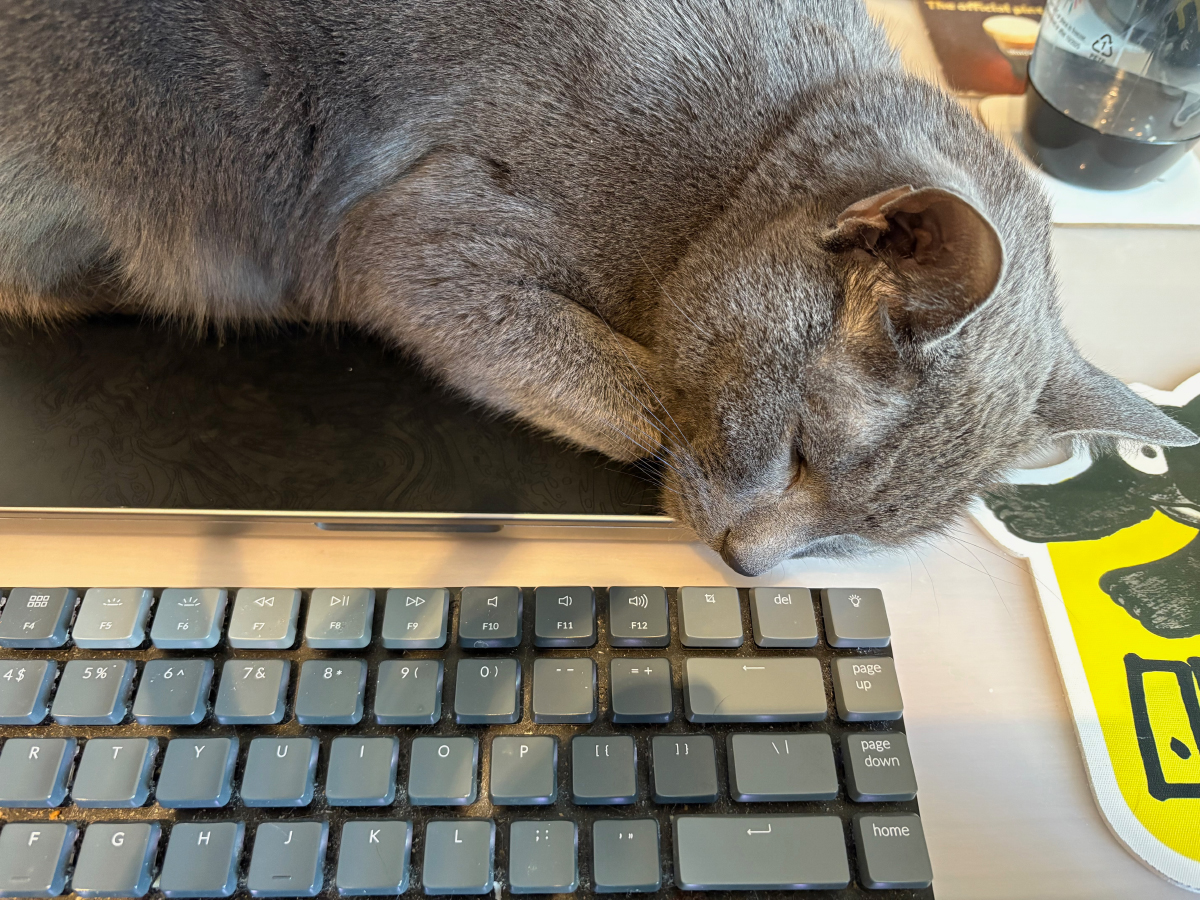Click to Skip Ahead
Cats are obligate carnivores. This means that for them to survive, they require nutrients that can only be found in meat. But domestic cats have evolved over the years and can benefit from non-meat items such as fruits and vegetables-including potatoes. So, can cats eat potatoes? While potato flesh is non-toxic for cats, you should only feed this to your cat sparingly.
The issue of feeding human food to pets remains contentious. While a little treat here and there is welcome, human food might pose health and behavioral problems for your cat. For example, starchy food such as potatoes can lead to obesity and digestive problems.1 Common ingredients used in cooking, such as garlic and alcohol, can also be toxic to cats.
There is also the possibility that your feline will become a picky eater. Human food can be addictive. Once your pet gets started, they might not want to go back to eating their food.

Problems With Potatoes for Cats
Potatoes are a source of carbohydrates, and because obligate carnivores like your cat require a minimal amount of carbohydrates in their diet, feeding them potatoes is not ideal. Moreover, raw or undercooked potatoes might even be toxic for your cat. Butter or excess oil from fried potatoes can result in diarrhea or stomach upset in your feline.
When cooking, ensure not to add salt or spices such as onions or pepper, as these can lead to serious health issues.
While sharing a tiny piece of your boiled or baked potato with your cat will not harm them, this should be avoided.
For cats with weight issues, practice moderation because overindulgence can lead to obesity. Obese cats are more predisposed to health issues such as diabetes or joint disease.
Types of Potatoes to Avoid Feeding Cats
In some instances, the consumption of potatoes can lead to serious illness and even the death of your pet. You must, therefore, be careful when dealing with this food.
You must be careful when dealing with the following types of potatoes.
Start with tiny portions and see how your animal reacts if you must. But generally speaking, you are better off giving them dry cat food.
1. Raw Potatoes
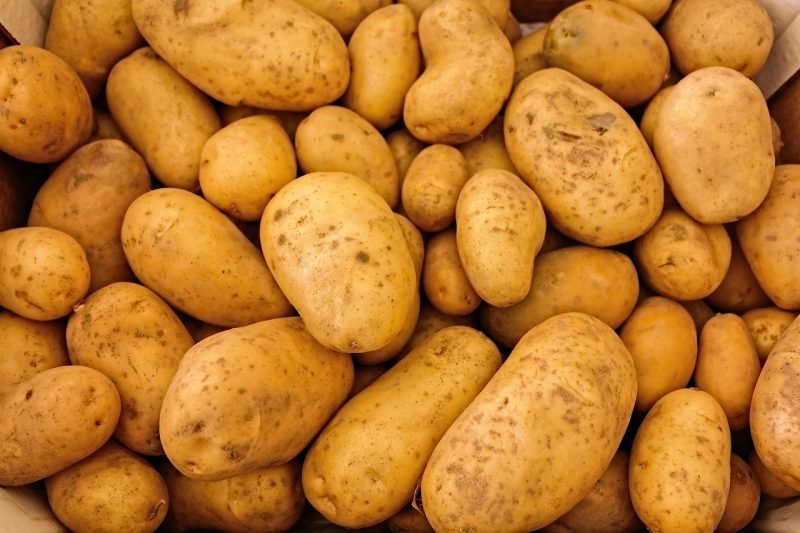
If you’re wondering if cats can eat raw potatoes, unfortunately unlike raw tomatoes, a good treat for your cat, raw potatoes are laden with a toxic chemical called solanine. This compound could cause poisoning and may result in the death of your pet if consumed in significant quantities.
Raw potatoes are also tricky to swallow and could cause choking or blockage in the cat’s digestive system, resulting in medical emergencies.
Of course, not many people are likely to feed their felines raw potatoes, but cats are curious and could decide to experiment. The best thing, therefore, is to keep raw potatoes out of reach.
2. French Fries
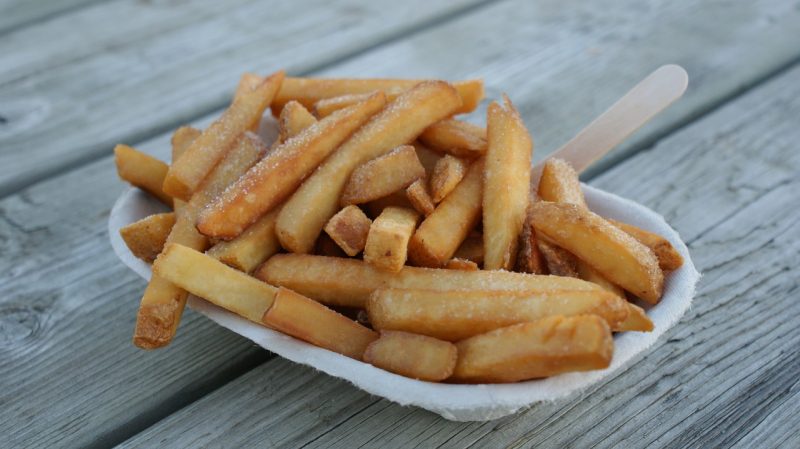
Everyone loves fries, and cats aren’t left behind. It doesn’t help that French fries smell so good; cats will start begging before you open the bag. While you might feel guilty about denying your pet the pleasure of partaking in a piece of deep-fried potato, it is the best thing to do.
Besides being incredibly high in calories, French fries, tater tots and other deep-fried potato snacks are laden with fats that are difficult to digest. This can lead to vomiting, diarrhea, or other health issues. Of course, one or two pieces won’t kill your cat, but the potential side effects aren’t worth the risk.
3. Potato Chips
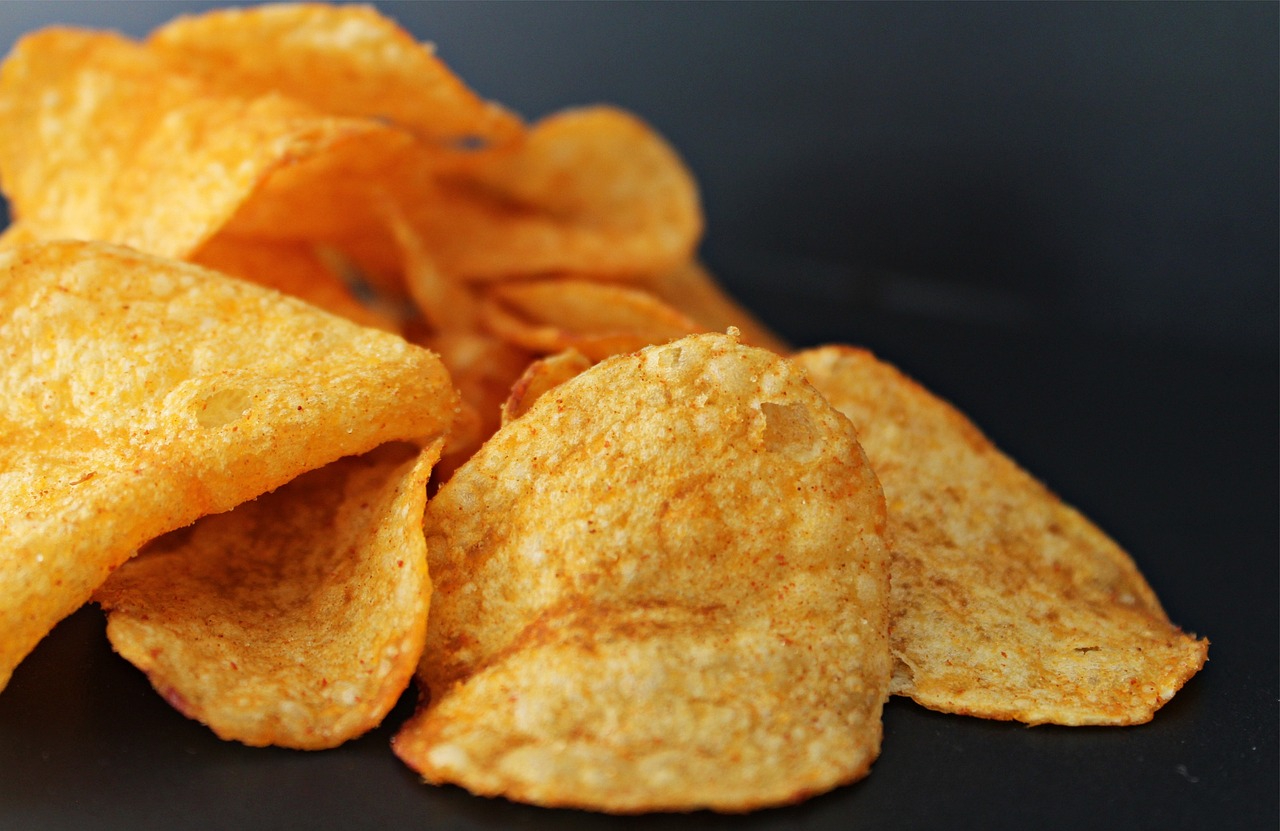
These contain oils, preservatives, spices, and other chemicals that might be harmful to your cat. It is best to steer clear of these regarding snacks for your kitty.
Must Cats Eat Potatoes?
Potatoes are used as a source of carbohydrates in many store-bought cat foods, particularly those marked as grain-free. They mainly function as binding agents or fillers in commercial cat food. Potatoes hold minimal nutritional benefits for cats compared to animal protein. Felines are obligate carnivores and thus do not efficiently break down carbohydrates as well as they do protein. Though potatoes won’t cause any direct harm to cats, they should not replace essential high-quality protein sources, which are essential for your cat’s health.
Wild felines, or cats that spend most of their lives outdoors, don’t actually have any nutritional requirement for carbohydrates, but indoor cats, or those with a more sedentary lifestyle, do benefit from the fiber provided by ingredients like potato, although pumpkin is a much better source.
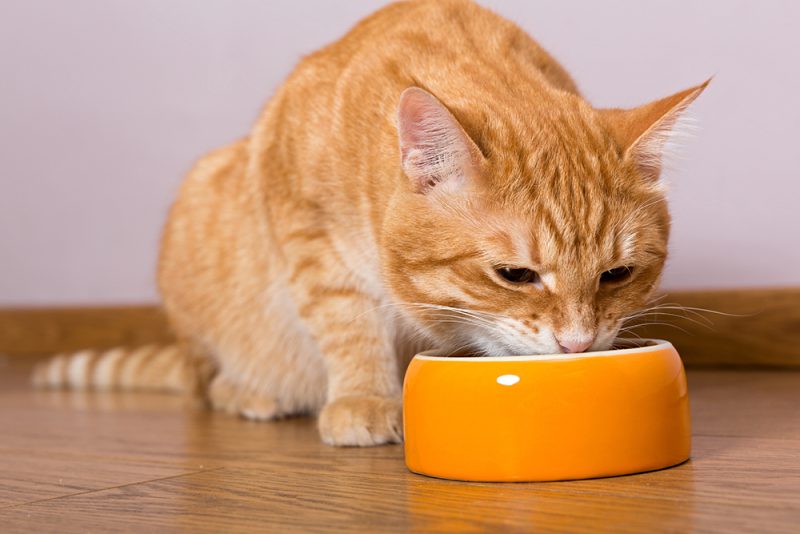

Final Thoughts
Potatoes might be good for you, but your cat does not require them. If you wish to share them, please ensure that you practice moderation and that they are boiled or baked to make them safe for consumption. Never feed your cat potato chips, fries, frozen tater tots, or other processed potato products, as these can cause harm. The good thing is that it is easy to remember that you don’t have to include potatoes in your cat’s diet.

